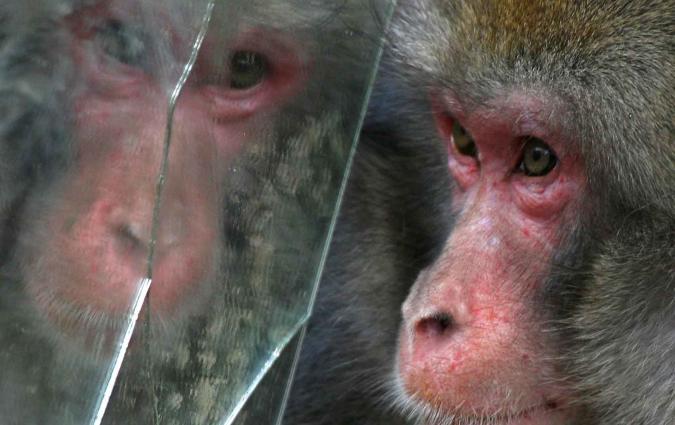Open Data in a Closed Political System: Open Data Investigative Journalism in Russia

Reuters Institute Fellow's Paper
Anastasia Valeeva, a Russian freelance journalist and data specialist, has written an in-depth study on how open data is used for investigative storytelling in Russia, and how traditional investigative journalism is embracing data. In her paper, ‘Open Data in a Closed Political System: Open Data Investigative Journalism in Russia’, Anastasia draws on a combination of semi-structured interviews with investigative journalists and open data experts, case studies, and qualitative content analysis.
Here’s how Anastasia describes her research:
‘My study revealed that in the emerging eco-system of open data, new actors perform part of the journalists’ functions. Politicians and non-governmental organisations use data as a tool to engage with their audiences; civic technology organisations build neutral applications on top of open data and hold it to account; data journalism hackathons provide experimental playgrounds for enthusiastic individuals to work together and investigate official data. However, objective, independent analysis of public data in the public interest, without political ambition or ad-hoc temporary opportunism, is possible only with a newsroom infrastructure that upholds professional ethics.
My qualitative content analysis focused on three different products: traditional investigations, data stories produced at hackathons, and data investigations published in the news media. Stories are ranked based on complexity of data organization and analysis. The content analysis showed that traditional journalistic investigations are far from embracing data as their information source. Certain newsrooms innovate and have reporters who build their investigations primarily on data. These stories rank high in the organization of data (providing a link and creating a database) and data analysis (search by keywords and statistical knowledge), but low in transparency (access to the database) and use of machine learning. In the final section, I discuss the existing barriers and provide guidelines on how to make investigative data journalism stronger in Russia.’
As with all Fellows’ research papers, any opinions expressed are those of the author and not of the Institute.
Funders







